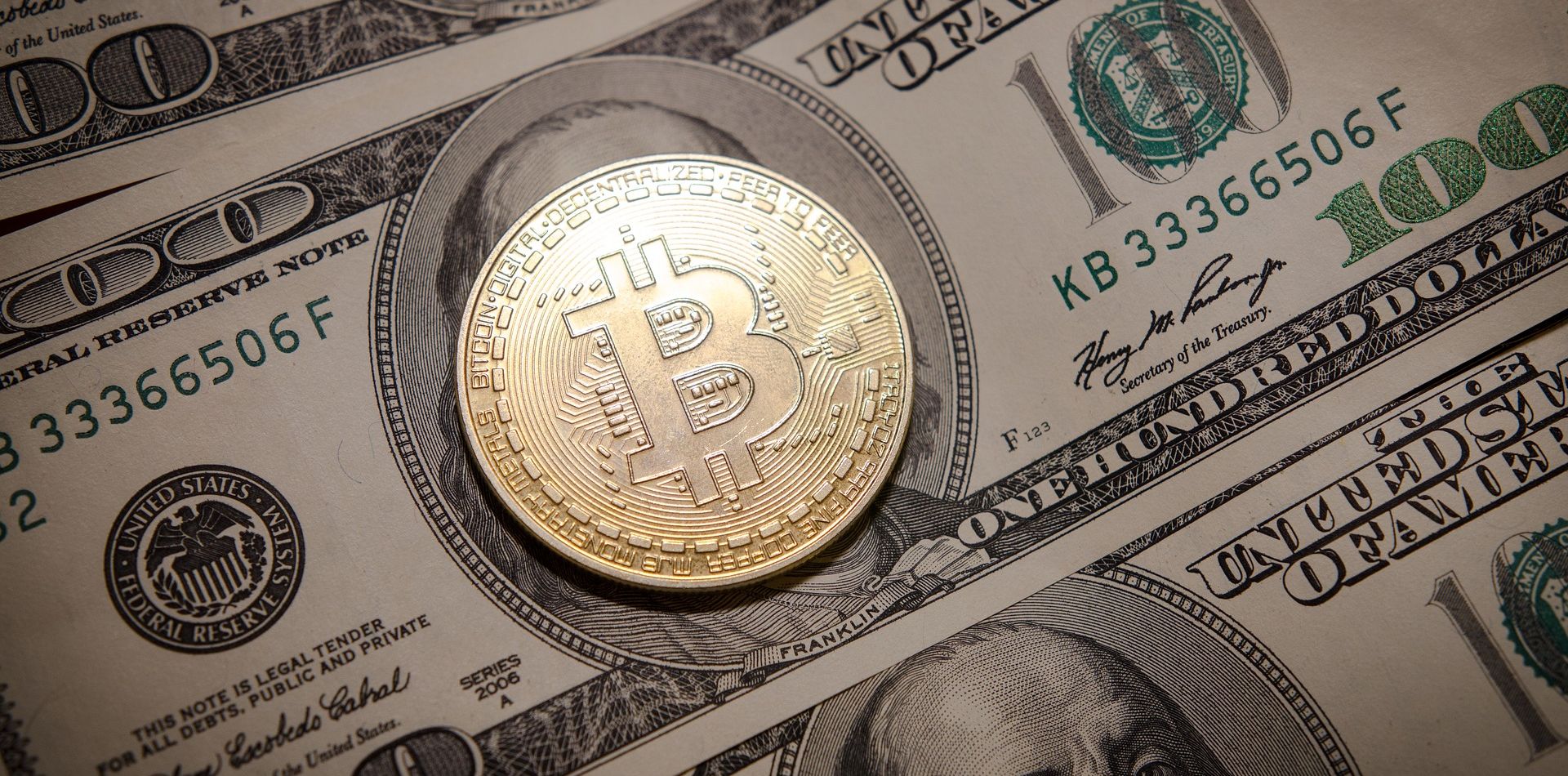With the consistent increase of people investing in and spending cryptocurrency over the past few years, it's no surprise that a number of industries have acknowledged its importance in our present and future. And banks are no exception; in recent months, more and more banks have announced their plans to adopt cryptocurrency.
But what are the key reasons for this?
Banks Haven't Always Been Big on Cryptocurrencies
Before we get into the reasons why banks are adopting crypto, let's quickly discuss what has happened in the past in this respect. Back in 2014, before the crypto boom took place, Wall Street executives were already starting to sweat over the concept of digital assets replacing—or at least competing with—traditional legal tender.
While banks are centralized and have a single authoritative individual or group, cryptocurrency uses a decentralized system, wherein no one person holds all the data or power of the network at any one time. Not everyone is a fan of this power-to-the-people model, and banks began to worry that crypto was a threat.
Over the past few years, multiple governments worldwide have moved to ban the ownership, sale, or mining of cryptocurrency in an attempt to keep their national currency as the sole form of legal tender. China, Algeria, Ecuador, and North Macedonia have all banned cryptocurrencies, with other countries like Russia and Vietnam making moves to clamp down on the use of digital currencies.
The relationship between cryptocurrencies and banks on a global scale has been strained to say the least—even in countries where cryptocurrency is entirely legal. However, some banks are now changing their views and rules surrounding cryptocurrency; let's discuss why exactly things are evolving in this direction.
1. Increasing Demand for Cryptocurrencies
With the increased popularity of crypto comes an increased demand for services to adopt digital currencies and move with the trends of our modern day. Take the US, for example. According to Gallup, 6% of investors in the country own Bitcoin. Of course, this is no small number, and banks are now beginning to accept that cryptocurrency will play a considerable role in the future of the American economy.
US Bank is one prime example. In October of 2021, the company launched a Bitcoin custody service for institutional investment managers. Another bank, Wells Fargo, announced its decision to offer crypto funds to wealthier customers in May.
There's also Ally, an American crypto-friendly bank that allows for easy integration with your Coinbase account and doesn't require any minimum deposit amounts. Among many others, these developments made by these two banks are representative of a global movement towards adopting crypto.
But it doesn't end here. In June 2021, NCR—an enterprise payments company—announced it was bringing crypto payment methods to 650 American banks. This will certainly change the game in terms of how customers can spend their money and will possibly set an example to other organizations on how to move with the times.
The same goes for other countries, such as the UK. Ownership rates of cryptocurrencies have increased in the country since 2018, and the younger generation are particularly interested in investing via these means. Because of this, a number of banks are now becoming crypto-friendly—such as the Royal Bank of Scotland. In countries where crypto is both legal and on the rise, it makes sense that banks want to ensure they hold a solid place in the future of their national economy.
2. Countries Are Making Cryptocurrencies Legal Tender
While the majority of countries rely on payments using traditional legal tenders, like Dollars, Euros, or Pounds, this isn't always the case. Some countries have adopted crypto as their main currency. This is usually due to the crash of a national currency or the reliance on external financial sources.
This national adoption of cryptocurrency took place last year in El Salvador. This Central American coastal nation mostly relied on payments from residents working elsewhere. These transactions suffered considerable fees from financial intermediaries, which severely affected the country's overseas income. Additionally, almost three-quarters of El Salvador's citizens don't even have their own bank account.
The same goes for Venezuela, another South American nation that recently took steps to adopt digital currency. The role of hyperinflation in Venezuela's economy was nothing short of disastrous, with the value of its national currency, the Venezuelan Bolívar, eroding significantly as a result.
One step that the Venezuelan government has taken to address its economic issues is introducing a cryptocurrency known as Petro. But as of yet, this hasn't solved the country's problems.
Other countries, like Grenada and St. Lucia, have also launched digital currencies to help mitigate the issues within their economies.
3. Cryptocurrencies Are Potentially Lucrative
Considering how cryptocurrencies can transform people's economic fortunes, and that there are significant amounts of crypto in circulation right now, it makes sense for banks to get involved.
Consider a previously mentioned bank, Wells Fargo, as an example of this. In 2021, Wells Fargo announced that it would be offering crypto funds to wealthier customers—rather than all customers. This may seem a little unfair, and it certainly could be, but it could also indicate that some banks may only want to focus on larger crypto funds that can benefit them as a business the most for the time being.
But with crypto, there is always a risk. Though it can make people exceedingly wealthy, it can also crash in the space of hours. So, banks may be wary of this risk, and it could stand as a roadblock to widescale adoption of crypto by banks on a global scale.
Crypto’s Future in the Banking Industry Seems Bright
With more and more banks adopting crypto in one way or another every year, there's no doubt that crypto will continue to grow within the banking industry over the coming decades. Who knows? One day we may be seeing our own national currencies replaced by crypto altogether. Time will truly tell with this one!





